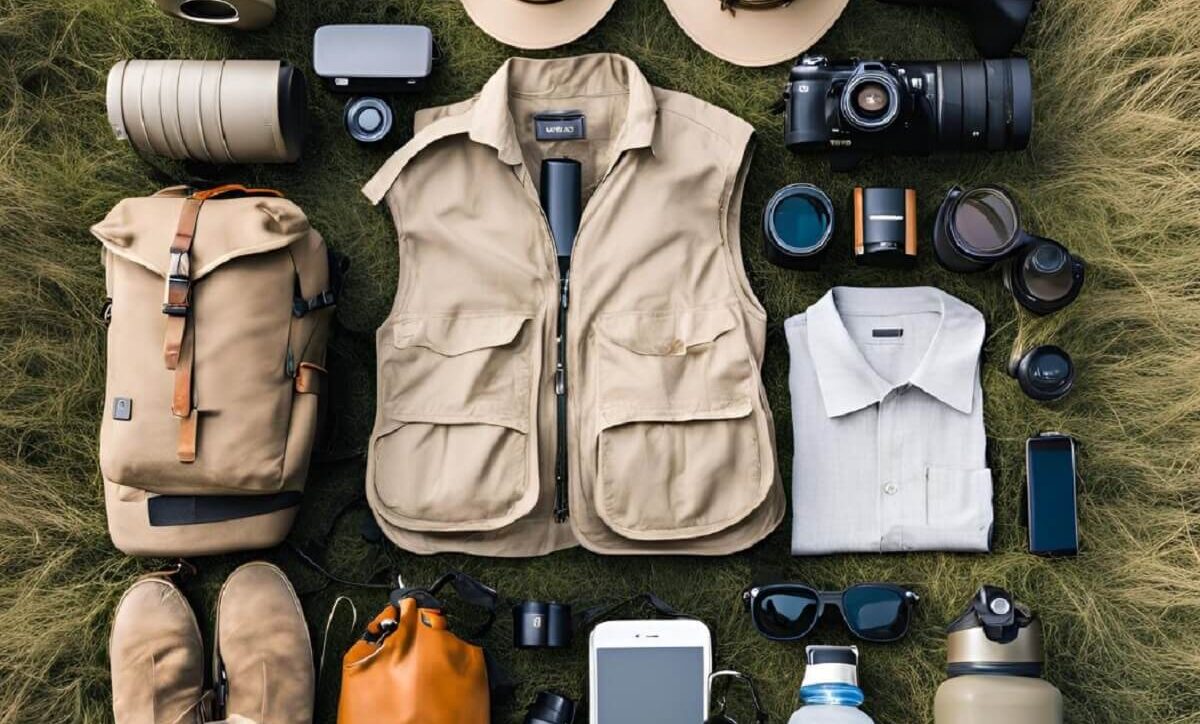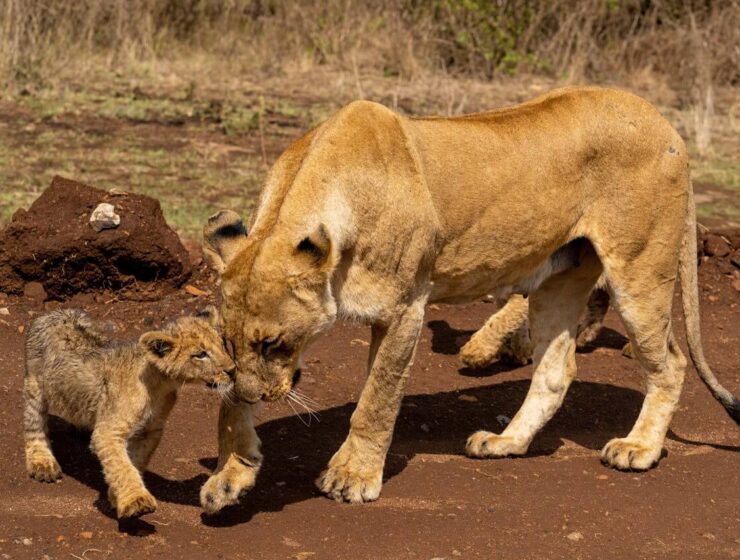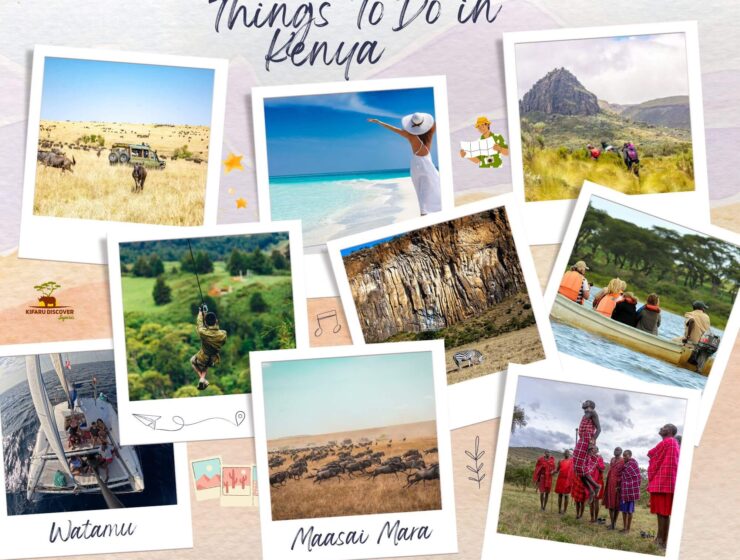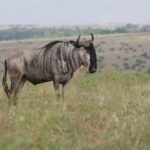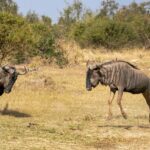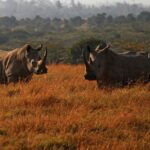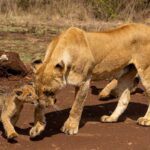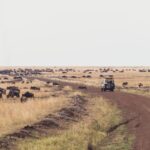You must be planning or preparing for a Masai Mara safari and you are wondering what to pack. I have been a local guide in Maasai Mara for the last 7 years and I believe I know exactly what to pack for Masai Mara whether you are a local or international traveler.
In this guide am going to am going to outline the items you are not supposed to miss in your Maasai Mara packing list. This packing list is also the Kenya safari packing list as Maasai Mara is the main safari destination in Kenya.
What to Pack for Masai Mara Safari: 13 Necessities
-
Appropriate Safari Clothes
This is more than obvious that you should not miss your safari clothes in your packing list. But what exactly are you supposed to wear on a safari?
Your safari clothes should have dull colours like beige and khaki and not bright colors. This is to prevent attracting wild animals and insects like tsetse flies (but these are very rare in Mara). Also consider wearing light and loose long sleeves which will keep you cool in the African heat.
It is highly recommended to carry a mixture of light and heavy clothes as the weather in Kenya can be quite hot during the day and chilly at night or when it rains.
You can use light clothes during the day when it is hot. If you are wondering what to wear on safari evenings, heavier long sleeve clothes are necessary as it can get a bit cold (as per African standards not like winter ).
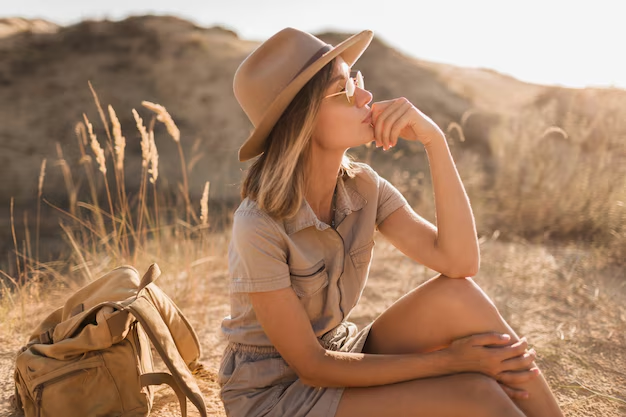
If you are not sure what to wear on safari in Kenya in July, you can carry more light clothes for the day and few warmer clothes for the evening as this month is generally hot with little or no rain. July is considered among the best time to visit Maasai Mara just The Great Migration of wildebeests and zebras.
You may also carry a swimming costume if your camp or lodge has a swimming pool especially the comfort and luxury options.
If you are wondering what shoes to wear on safari in Kenya, be sure to have dull colored shoes because most safari terrains are dusty. The shoes should also be light and breathable because of the hot weather.
It is highly advisable to carry extra clothes in your carry-on bag that can last you like 3 days in case your luggage delayed with the airline.
Also go for shoes that have a nice grip if your itinerary has a walking or trekking or hiking part. For a safari in a tour van or jeep, light or open shoes are okay for comfort.
-
Portable Phone Charger or Powerbank
It is highly recommended to carry an extra source of power to juice up your devices. Most of the camps and lodges in Maasai Mara do not have mains electricity. They either depend on solar power or generator where power rationing is very common during certain hours of the day which is usually communicated by the hotel in advance.
You can also carry an extra phone to keep connected when the charge in your main phone runs out. Sometimes in you can be out for a game drive for a whole day without a power outlet nearby and you need to take those photos for your memories.
-
Torch or Rechargeable Lamp
It is highly recommended to have a torch whether rechargeable or the one that uses batteries. This is for the same reasons above of lack of mains electricity in most camps in Maasai Mara.
You can use the torch to find something in your tent or room at night or find your way to the washroom as some camps switch of their lights slightly before midnight till early morning.
If you need more comfort during your Maasai Mara safari, especially for ladies, you can consider carrying a battery-powered fan to cool yourself during safari.
-
Sun Hat or Cap
You should also have at least a wide brim sun hat or cap to protect you from the scorching sun. This will protect you from sunburns and other issues.
At Kifaru Discover Safaris we usually give free African safari style sun hats for all our clients and thus you don’t have to worry about this if you are traveling with us.
-
Sun Screen
The sun in Africa can sometimes be unforgiving to the skin especially if one’s skin is not used to it. If you are planning on spending more time exposed to the sun either sunbathing, walking or swimming, consider carrying sunscreen.
This adds a layer of protection for your exposed skin to protect it from sun burns.
-
Sunglasses
Have you ever wondered why the cheetahs have black lines under their eyes? This is to reduce glare which is very prevalent in the African plains. Sun glasses will protect your eyes from sun glare.
Be sure to obtain quality sunglasses with the proper UV rating for direct sunlight.
-
Insulated Reusable Water Bottle
For sustainability reasons and Eco-friendliness, a good number of hotels and tour companies like Kifaru Discover Safaris are only offering refillable drinking instead of plastic bottles.
This is a measure to reduce plastic pollution in the national parks and the surrounding environment.
The water is very clean water bought from the store (locally known as supermarket) in one large reusable container and thus very safe for drinking. Consult with your tour agency and lodge about this arrangement.
An insulated bottle is good to either keep your water cold during the day and warm during the night.
-
Drinking Water and Snacks
It is highly advisable to carry some extra drinking water (in your insulated bottle), some snacks, energy drink, and maybe some soft drinks (or hard drinks if that is your vibe, just don’t over do it). These can be bought once you arrive in Nairobi or any other city in Kenya.
You can always request your driver for a stop over at as supermarket(store) to purchase your supplies but remember to do this before leaving the big cities as outside those cities it is difficult to get a variety of snacks.
The journey from Nairobi to Maasai Mara usually takes 5 hours and one get hungry or thirsty along the way. Some game drives can run throughout the day and you may need something to chew before it is time.
Go for high energy and nutritious snacks to keep you energized during your safari.
-
Camera (Optional)
If you would like to take high quality photos for your memories, you can consider carrying a camera with the proper zoom lens for wildlife safari.
I understand most phones have very good cameras nowadays so you can just use that. However, a camera will enable you to zoom that hiding leopard in the bush and get a clear photo.
-
Binoculars (recommended)
Sometimes it can be a challenge getting really close to some wild animals especially due to terrain, safety, ethics, or park rules. It is thus a good idea to carry a pair of binoculars to zoom on those animals at a distance for a closer look.
Binoculars are also very useful for scanning the park for animals. After spotting an animal at a distance the driver guide usually drives closer for a better view without disturbing the animal(s).
-
Bug Spray or Insect or Mosquito Repellent (Optional)
Sometimes but rarely, you can encounter mosquitos or other bugs while doing your safari. They are usually not a big menace but in case you are sensitive to bugs, you can carry some type of bug spray or insect repellent.
However, it is good to note that most hotels have taken measures to control bugs in the tented camps and lodges including the use of insect screens, mosquito nets, and other control measures.
-
Passport
You will need your passport for identification at the park entry by the park management. So don’t forget this crucial document in your hotel room.
-
First Aid Items (Optional)
Safaris are usually not dangerous but something can happen to you. It is thus recommended to carry some basic first aid items like painkillers (Advil), and a small bandage and anything else you think you may need. These can help you in case you feel unwell.
It is good to note that most hotels and tour vehicles have a first aid kit which you can request in case you need something.
Closing Remarks
I believe you have realized that packing for Maasai Mara is not that complicated.
These necessities are what to pack for Masai Mara Safari which include; safari clothes, power bank, torch or lamp, sun hat, sunglasses, sunscreen, reusable water bottle, drinks and snacks, camera, binoculars, insect repellent, passport, and first aid items
The above recommendations are based on a personal experience as a tour consultant and guide for years coupled with research.
For those wondering what to wear on safari in Kenya in September it is good to note that it is generally a hot month with little or no rain and thus light clothes are okay.
With the above items, your safari will be stress free and enjoyable.

